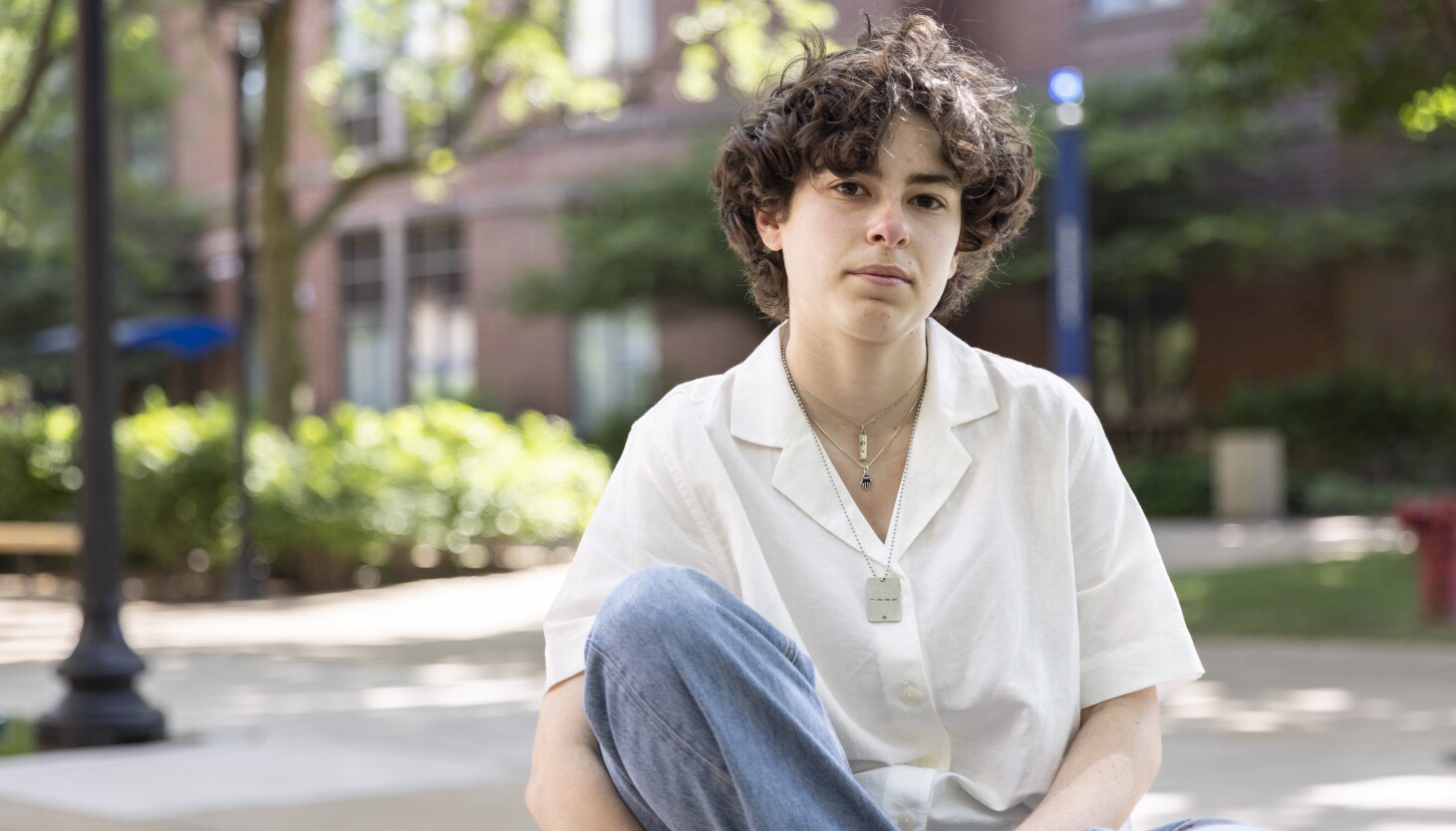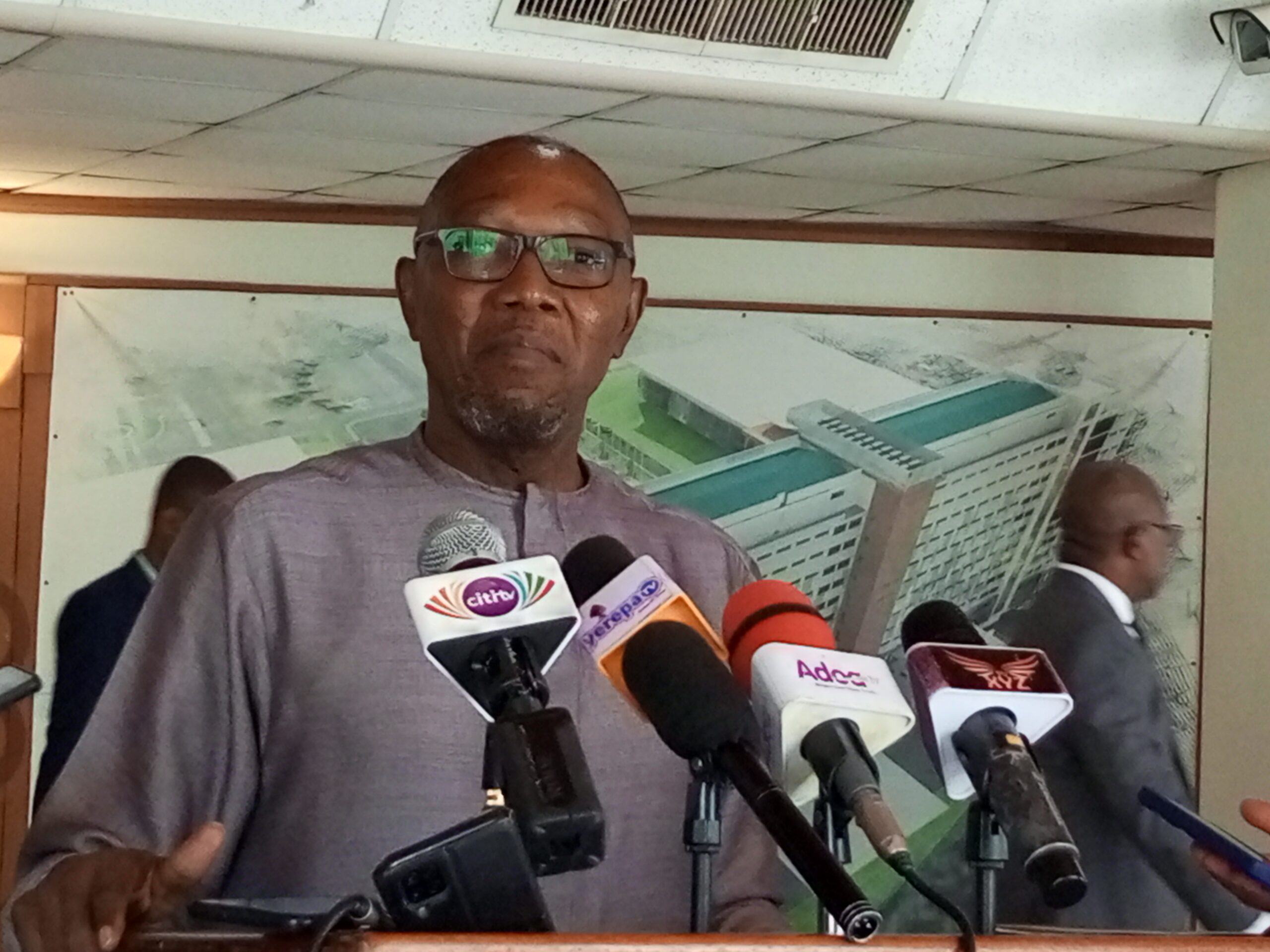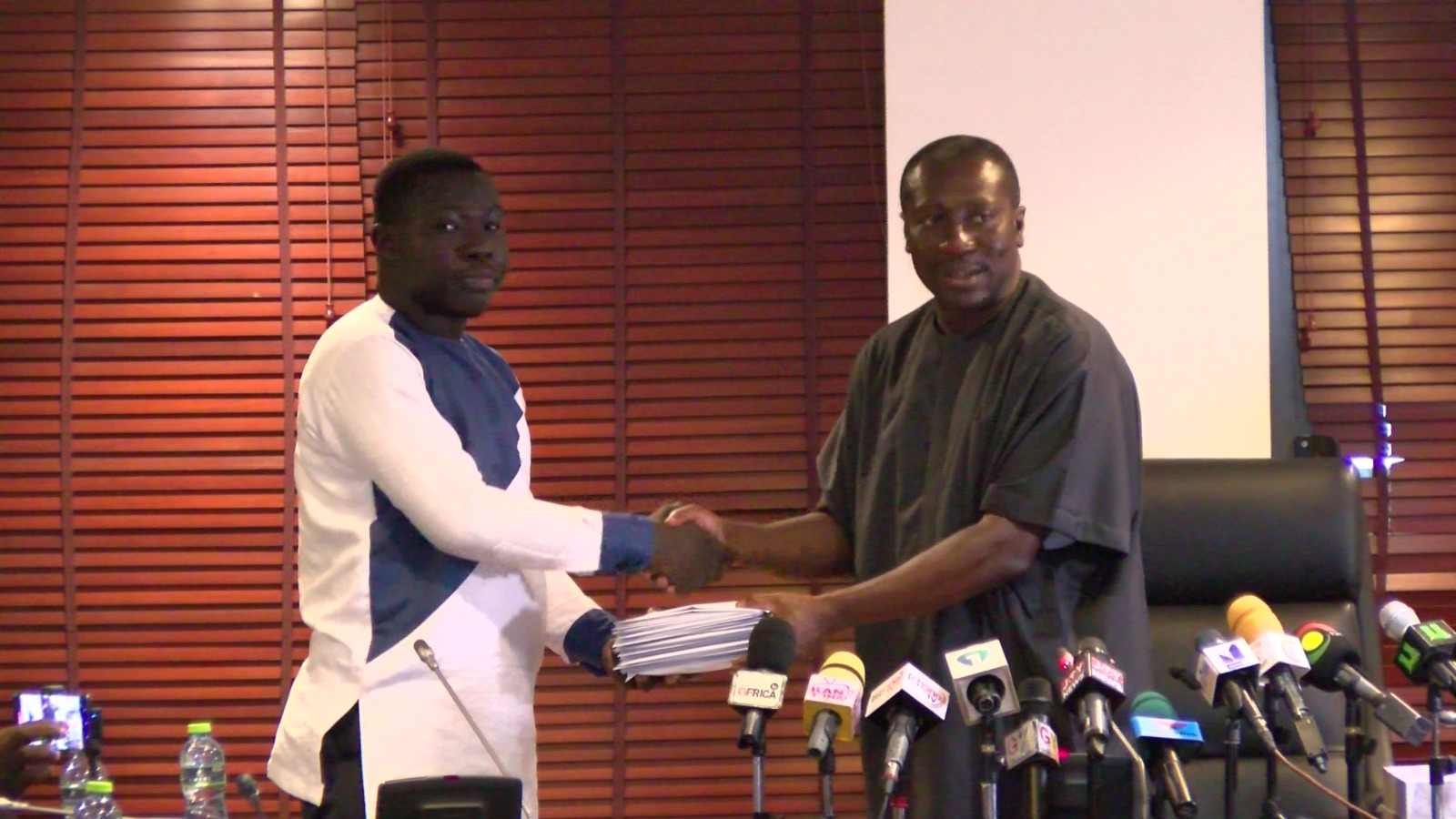
The women’s rugby team felt like home for DePaul University freshman Teddie Waxler. Throughout the fall 2023 semester, the club sport welcomed them as they traveled for tournaments and socialized outside practice. When Hamas attacked Israel on Oct. 7, the team supported Waxler as they grieved the more than 1,200 lives lost and advocated for the 250 hostages taken into Gaza.
Things changed for Waxler, who is Jewish and feels a strong solidarity with the people of Israel, in spring 2024. As protests against the war in Gaza heated up around Chicago, they said some players offered to buy everyone keffiyehs, scarves that have become a symbol of support for Palestinians. They shared posts on team social media, now deleted, of anti-Israel activism. The topic was all over chats used for team communications.
Waxler felt many team members’ sympathies didn’t really extend to victims of the Oct. 7 attack. So Waxler, who was president of the Jewish campus organization DePaul Hillel, asked for the anti-Israel conversations to move somewhere without them.
“I just want to play a sport,” they said they told the rugby club president. “I don’t know why this [issue] is the one that we’re politicizing.”
During the last game of the season, Waxler said their standing on the team flipped. They felt excluded from dinner and travel plans, and even on the field.
“I was [ostracized] for components of my Jewish identity, and being a Zionist and being proud of that,” said Waxler, now a junior. “Because I continued to advocate for the hostages to be released, they didn’t want to have any association with me.”
WBEZ reached out for comment to several members of the team’s leadership and the head coach but did not receive a response. In a statement, the university said it was “committed to ensuring DePaul is a safe and welcoming space for every member of our community.”
With the two-year anniversary of the Oct. 7 attack approaching, and the federal government leaning hard on allegations of campus antisemitism, WBEZ spoke with five pro-Israel Jewish college students at three Illinois campuses about their experiences.
Over these two years, more than 60,000 Palestinians have been killed in the war, according to the health ministry in Gaza. Israel’s bombardment of Gaza after the Hamas attack has been protested at colleges throughout the country, including in Illinois, where at least six campuses had pro-Palestinian encampments.
The students interviewed by WBEZ are all current or former leaders in Jewish campus organizations. They consider Israel and its place as a Jewish homeland a key part of their identities. They say the way the Middle East conflict has dominated campus life has harmed their education and made them feel unwelcome at their own schools. These student leaders say they, and other Jewish students like them, have experienced everything from subtle hostility to overt harassment. Many in the Jewish community consider being singled out for their connection to Israel — whether personal, familial or spiritual — a form of antisemitism.
These students feel a gulf between them and their peers, even if they freely express criticism of the Israeli government and its tactics during the war in Gaza. But they believe that’s a problem which can be fixed within the campus community. They’re also dismayed by the way President Donald Trump is widely seen as weaponizing reports of antisemitism to attack higher education.
Encampments, dorms and classrooms
In May 2024, University of Chicago first-year student Jake Rymer said he and two friends walked past the Gaza solidarity encampment on the Hyde Park campus after Saturday morning religious services. No one from the encampments disturbed them, and he said the three students didn’t interact with any protesters. But the next evening, Rymer said a student confronted him in their dorm common area, accusing him of “agitating.” The student showed him a photo on a phone, taken the previous day: Rymer, wearing a yarmulke (a small skullcap), and his two friends, dressed in suits, their attire indicating Jewish observance. The surveillance and paranoia disturbed him.
Rymer, who heads the student group Maroons for Israel, said other incidents on campus have troubled him as well. Memorials to Israeli hostages, including small children and infants, were regularly defaced and torn down.
For a week in late April, the UChicago chapter of Students for Justice in Palestine pitched a tent on the quad painted with what Rymer described as “antisemitic caricatures of Jewish individuals … large noses, blood coming out of their eyes, things along those lines.” These evoke the blood libel, the ancient accusation that Jews harm and kill non-Jews for ritual or conspiratorial reasons.
Students for Justice in Palestine responded to questions about allegations of antisemitism at the encampment and other protests by dismissing “Jewish feelings” in the face of the thousands killed in Gaza.
Waxler described the DePaul encampments, which supporters said called for the university to divest its finances from Israel, as “the beginning of hell.” They regularly heard jeers there like “Go back to Poland!” They also saw some anti-Israel rhetoric and imagery as anti-Jewish and threatening, such as a Jewish star next to the German word for “Jew,” a clear reference to the Nazi Holocaust.
“You’re walking past [the tents] and you hope they don’t notice you,” Waxler recalled.
Some Jewish students felt unwelcome inside classrooms too. Students at each school described whisper networks among their Jewish peers, warning of professors or teaching assistants to avoid because their classrooms felt toxic to students who sympathize with Israelis. Rymer said he saw faculty posting slogans on social media like “Glory to the resistance” immediately after the Oct. 7 attack and killings. This past March, a UChicago professor was investigated for displaying language in an office window including “Deport Israelis.”
Regular student activities also became sites of tension. This past May, Samantha Levy, a senior at the University of Illinois Urbana-Champaign and president of Illini Hillel, helped organize a screening of Saturday October 7, a documentary which features graphic evidence of the torture, sexual violence and mass killings that day. It was disrupted by a group of 20 masked students who took up the front two rows, she said.
“They start pulling out popcorn, and they start making noise, and they start playing TikToks off their phone,” Levy said. After about 20 minutes and multiple warnings, they all stood up and left.
Criticism of Israel vs. antisemitism
Many Jewish students have participated in encampments and other pro-Palestinian protests. They and others say those are largely peaceful and reject claims of antisemitism in their anti-Israel protests. But Levy and others told WBEZ that they believe the relentless focus on Israel for criticism and the vitriol with which activists attack pro-Israel students adds up to anti-Jewish hate.
Former political prisoner Natan Sharansky developed what he calls the Three Ds test to separate antisemitism from reasonable and necessary criticism of Israeli state actions. According to that framework, if speech demonizes, delegitimizes or imposes double standards on Israel and Israelis, it may be considered antisemitic.
Antisemitic incidents reported on college campuses nationwide increased almost tenfold in the two years after the Oct. 7 attacks, according to Hillel International. Researchers at Brandeis University concluded in a report last year that while antisemitism is not widespread on college campuses, “a minority of students … are contributing to a hostile environment for Jewish students on campus.”
“People question the legitimacy of our experiences and if we truly are experiencing antisemitism,” Levy said. “Do I have collective antisemitism [on campus] right now? No, but I have a lot of case-by-case [examples].”
All interviewees described environments where anti-Israel animus could be small but potent: the theft of Jewish objects from dorm rooms, ongoing security needed for Jewish events, sidewalk chalkings like “Zionists get off our campus.” One student who requested that their name be withheld required accommodations to retake final exams because they said anti-Israel chants from the quad were so distracting.
Waxler wishes their peers would try to see pro-Israel Jews like them as potential allies who also want the war to end.
“Why do we stop fighting for people’s lives when it becomes about Jews and the hostages?” Waxler asked. “It’s not coming across to them that maybe we could be fighting for the same thing.”
Most frustrating, many said, was simply not being heard or understood. Dr. Miri Bar-Halpern, a lecturer at Harvard Medical School and director of trauma training and services at the anti-radicalization network Parents for Peace, studies traumatic invalidation. That’s the sometimes large-scale dismissal of harmful experiences by people and institutions you trust.
“[Traumatic invalidation] can cause a lot of things, all the way to PTSD symptoms,” Bar-Halpern said. “It can lead to hypervigilance, feeling invalid, but also starting to invalidate yourself. It’s the idea that I have no place to feel safe, and I feel like I’m going crazy, like, ‘Maybe it all really is my fault. Maybe I’m the problem here.’”
In May, Bar-Halpern published first-of-its-kind research on traumatic invalidation within the Jewish community after the Oct. 7 attacks, including among college students across Massachusetts, where she’s based.
“What I’ve been hearing is, constantly, ‘I’d rather be silent because it’s safer. I need to deny part of my identity in order to be accepted. Every time I share my pain or my anxiety, people tell me, Well, what about the Palestinians?’” Bar-Halpern said. “Validating one group is not invalidating another group. I can hold the pain for what’s happening in Gaza and hold the pain for Palestinians and, at the same time, acknowledge what’s happening in Israel.”
Outsiders politicizing antisemitism
As the new school year gets underway in earnest, students are hopeful the tensions on campus are easing. Every student interviewed said the 2024-2025 school year was less fraught than the previous one.
But they worry about how their concerns have become politicized. President Donald Trump claims to champion Jewish students with his campaign against antisemitism on campus, which has been used to freeze billions in funding at select universities, including Northwestern University. The administration has also menaced pro-Palestinian activists with threats of detention and deportation.
These moves are unwelcome to the students who spoke to WBEZ, who say they see their Jewish identities being weaponized. They believe that campus antisemitism and controversial anti-Israel expressions are best addressed by the schools’ own communities and institutions, not the government.
“We should put it on ourselves to fix our own problems,” Levy said.
Tamar Chavel, a fourth-year undergraduate at UChicago, is Israeli American. During her compulsory military service, just before the current war, her unit helped coordinate humanitarian aid delivered into Gaza.
Chavel enrolled at UChicago because she saw how excited students were to be in the classrooms. But she’s been disappointed by what she sees as an unwillingness to talk without preconceptions or agendas about the war in Gaza and Israel itself.
“Personally, you advocating for Palestinian rights, I agree with you. That’s not the issue,” she said. “What’s missing is conversation. The encampments or protests are not the issue. It’s [the conversations] they prevent from happening.”
Chavel did find one professor in a spring 2024 class who succeeded in bridging that gap. “There were protests happening outside our window every day,” she said, “so we really couldn’t ignore what was happening.” When the teacher announced that they’d discuss Gaza, Chavel braced herself.
Then the instructor passed out cookies and tea.
“And he’s like, ‘I’m giving you food because in my community where I’m from’ — he’s Filipino — ‘food is community, and I want this conversation to be about community and understanding and listening and learning,’” Chavel recalled. “That was so integral to me.”
The class reminded her of how many people are trying to understand Israel and Palestine, that they may not know how or what to ask yet — and that they’re part of the school community too.
“There was a girl who comes from a rural area, and she’s like, ‘I had no idea what these places [in the Middle East] were until this year,’” Chavel said. “And I was like, ‘Valid. Let’s talk about it.’”



